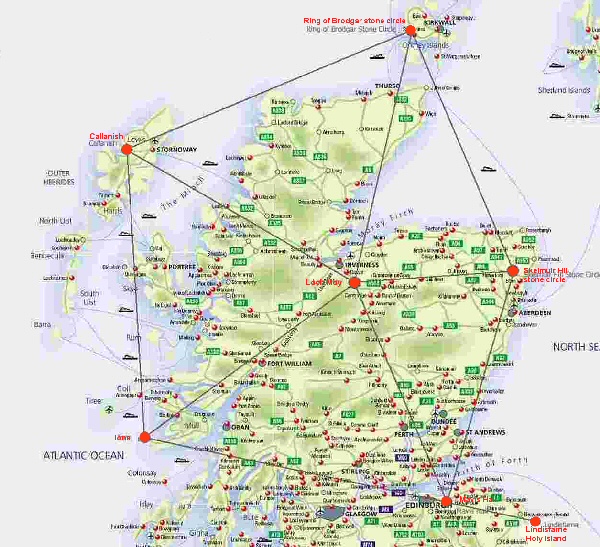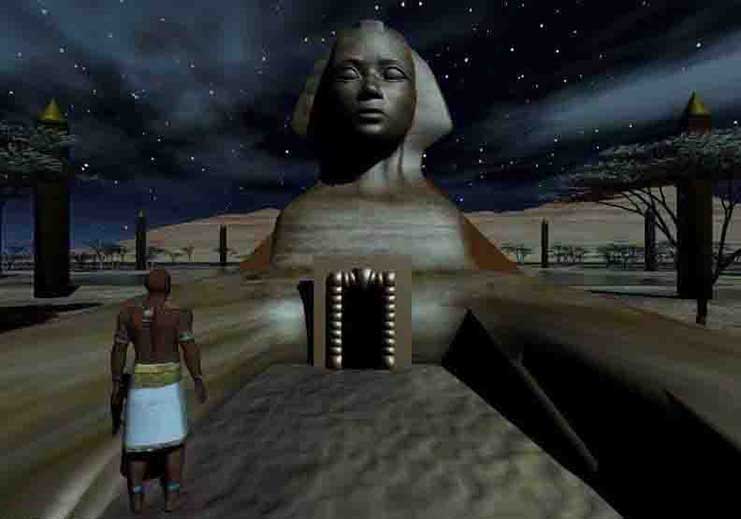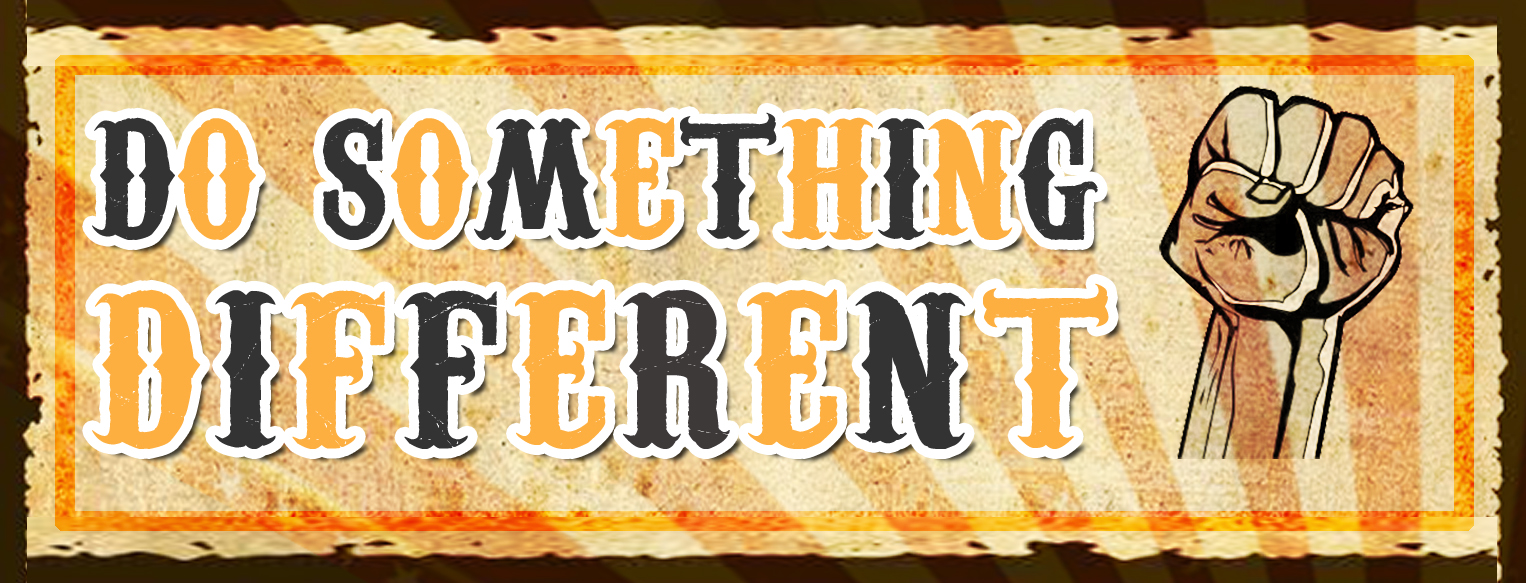The word mortgage essentially means “pledge till death.” The English word mortgage is derived from the Old French : mort,  dead (from Vulgar Latin *mortus, from Latin mortuus, past participle of mor, to die; see mer- in Indo-European roots) + gage, pledge (of Germanic origin).
dead (from Vulgar Latin *mortus, from Latin mortuus, past participle of mor, to die; see mer- in Indo-European roots) + gage, pledge (of Germanic origin).
A mortgage is a contract specifying the terms you have to sign in order to get a loan; that which legally binds you by a pledge of property to a creditor as security for performance of an obligation or repayment. You don’t really own the home when you have a mortgage. It is more like a long-term lease with more flexibility and security than renting year to year.
If you don’t pay your home mortgage loan, this will amount to the death of your property; you will then go to a court where there is a referee called a judge who rules from the bench. This failure on your behalf to meet the terms of the agreement (legal contract) will more than likely cause the judge to rule for the other player, the bank or lender who will then foreclose on you, the losing party.
If you are lucky and pay off your mortgage in full, then you “sort of” own the property and won’t have to pay the bank anymore. The reason you don’t truly own the property out right is because you will have to keep Giving to Caesar what is Caesars by paying taxes for use of the land to the real property owner; and that my friends is the government.
History of the word from the American Heritage® Dictionary of the English Language, Fourth Edition copyright ©2000 by Houghton Mifflin Company. Updated in 2009. Published by Houghton Mifflin Company;
The great jurist Sir Edward Coke, who lived from 1552 to 1634, has explained why the term mortgage comes from the Old French words mort, “dead,” and gage, “pledge.” It seemed to him that it had to do with the doubtfulness of whether or not the mortgagor will pay the debt. If the mortgagor does not, then the land pledged to the mortgagee as security for the debt “is taken from him for ever, and so dead to him upon condition, &c. And if he doth pay the money, then the pledge is dead as to the [mortgagee].” This etymology, as understood by 17th-century attorneys, of the Old French term morgage, which we adopted, may well be correct. The term has been in English much longer than the 17th century, being first recorded in Middle English with the form morgage and the figurative sense “pledge” in a work written before 1393.

Moe is the founder of GnosticWarrior.com. He is a father, husband, author, martial arts black belt, and an expert in Gnosticism, the occult, and esotericism.




